May be duplicated to this.
I read Effective Modern C++. Under Item 1, I found a case for universal reference:
For the last example f(27); I did a test under VS2013.
void process(int& x)
{
std::cout << "int&" << std::endl;
}
void process(int&& x)
{
std::cout << "int&&" << std::endl;
}
template<typename T>
void f(T&& param)
{
std::cout << "------------------------------------------------" << std::endl;
if (std::is_lvalue_reference<T>::value)
{
std::cout << "T is lvalue reference" << std::endl;
}
else if (std::is_rvalue_reference<T>::value)
{
std::cout << "T is rvalue reference" << std::endl;
}
else
{
std::cout << "T is NOT lvalue reference" << std::endl;
}
std::cout << "param is: " << typeid(param).name() << std::endl;
process(std::forward<T>(param));
process(param);
}
int getINT()
{
int x = 10;
return x;
}
int _tmain(int argc, _TCHAR* argv[])
{
f(10);
f(getINT());
return 0;
}
Here is the output:
------------------------------------------------
T is NOT lvalue reference
param is: int
int&&
int&
------------------------------------------------
T is NOT lvalue reference
param is: int
int&&
int&
I found that within the template function, without std::forward<T>(param), process(int& x) will be called but according to the book, the type for param should be rvalue reference, so process(int&& x) should be called. But this is not the case. Is it I misunderstand something?
Here is the forwarding reference I found from other thread:
